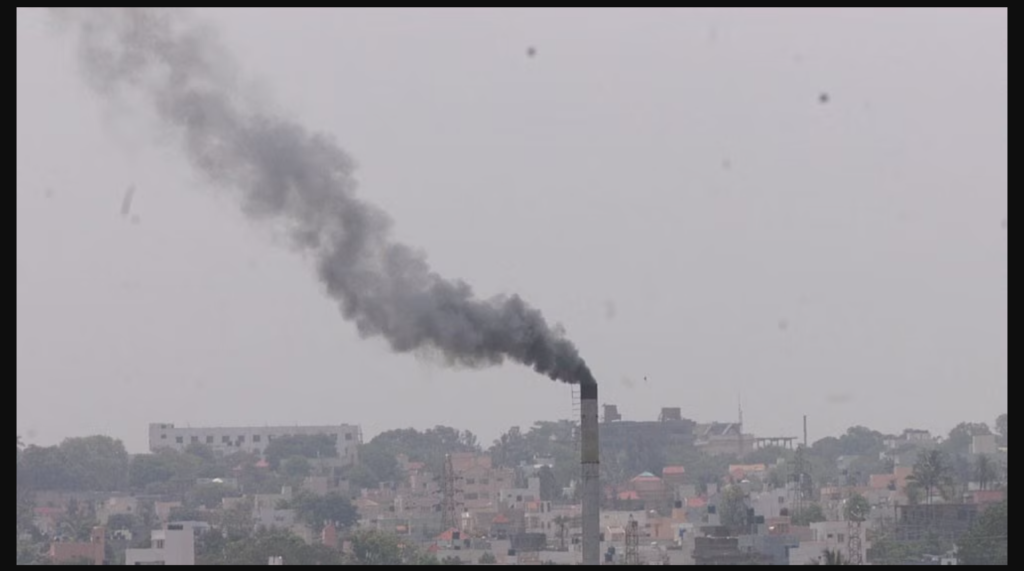Pratima Singh, senior research scientist, Air Quality, CSTEP, said the cities can avoid such a scenario and also reduce the current pollution levels if they adopt priority measures.
Karnataka’s tier-2 cities are staring at a nearly 40 per cent increase in air pollution by 2030 due to non-implementation of measures to reduce emissions, a study by the Centre for Study of Science, Technology and Policy (CSTEP) warns.
The data from the study was shared during the India Clean Air Summit. Experts from CSTEP took a look at Davangere, Kalaburagi and Hubballi-Dharwad as part of the preparation of emission inventory for 76 cities in 17 states across the country.
The three cities in Karnataka have been classified as “non-attainment” cities due to high air pollution. “At the airshed level (which looks at pollution sources beyond the city boundary), Davangere was found to have the highest particulate matter emissions owing to the presence of industries beyond city limits,” the experts said.
In a ‘business as usual’ scenario where government fails to take corrective action, the emissions were projected to increase in the range of 31-38 per cent. Among the three, Kalaburagi was to see the maximum rise of 38 per cent followed by Hubballi-Dharwad (34 per cent) and Davangere (31 per cent).
Pratima Singh, senior research scientist, Air Quality, CSTEP, said the cities can avoid such a scenario and also reduce the current pollution levels if they adopt priority measures.
“Some of the measures include a shift in fuel usage from coal to the cleaner ones, better road infrastructure including the materials utilised wherein road degradation gets reduced, stricter emission control norms for industries and transportation systems,” she said.
The steps will translate into a 37 per cent reduction in pollution in Hubballi-Dharwad, 35 per cent in Davangere and 29 per cent in Kalaburagi. CSTEP’s priority measures are part of the interventions envisaged under the National Clean Air Plan to address pollution in the short term and long term.
Article Credits: Deccan Herald
